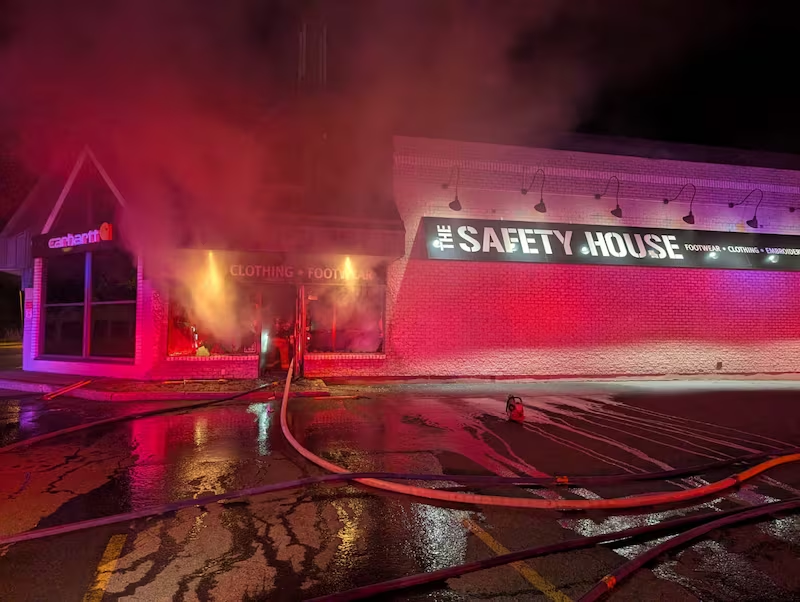As rents continue to rise across Canada, many tenants are feeling the pressure from large financialized landlords, who have rapidly acquired significant portions of the rental market. One such tenant, Khalil Alibi, and his family, have seen their rent for a three-bedroom apartment in Toronto jump from $1,472 in 2019 to $1,761 in 2023 after their building was purchased by Starlight Investments, Canada’s largest landlord. Alibi and other tenants in the area have launched a rent strike to protest what they see as unfair rent increases enabled by Above Guideline Increases (AGIs) approved by Ontario’s Landlord and Tenant Board.
This phenomenon is not isolated. Data from Rentals.ca reveals that rents across Canada have surged by 22% over the past two years, with experts pointing to financialized landlords as a major contributing factor. These large corporate landlords, such as Starlight and Avenue Living REIT, operate with business models that emphasize profit maximization, often leading to rent hikes and cost-cutting measures. According to housing expert Martine August from the University of Waterloo, financial firms collectively own close to 20% of Canada’s purpose-built rental units, a sharp increase since the mid-1990s.
Financialized landlords often acquire older buildings with lower rents and increase prices through legal mechanisms like AGIs or by evicting tenants and raising the rent on vacant units. In fact, August’s research found that financial landlords are more likely to file eviction notices, tripling the eviction rate in some cases. This practice, combined with a lack of new affordable housing, has led to a decrease in affordable rental options across the country. Steve Pomeroy, a housing expert from McMaster University, estimates that Canada lost more than 550,000 affordable rental units between 2011 and 2021 due to rising rent prices.
In defense of their practices, Starlight Investments claims that AGIs are necessary to cover structural repairs and updates to aging infrastructure. In Alibi’s building, for example, Starlight has cited the need for balcony repairs, lighting retrofits, and booster pump replacements. However, tenants argue that the burden of these costs is being unfairly passed onto them, making their homes increasingly unaffordable.
Tenants across Canada are feeling similar pressures. Sandra McCrone, a renter in Calgary, saw her rent jump from $1,340 in 2021 to $1,985 in 2023 after Avenue Living REIT took over her building. Like many others, McCrone faces the constant fear of further rent increases and is trying to organize a tenants’ union to resist the hikes. With no rent control laws in Alberta, tenants like McCrone are vulnerable to sudden and significant increases in rent.
Michael Brooks, president of Realpac, an organization representing Canada’s largest landlords, argues that financialized landlords are not responsible for providing deeply affordable housing. According to Brooks, maintaining older buildings requires extensive capital investment, and raising rents is necessary to cover those costs. He emphasizes that housing is a human right, but it is the government’s responsibility, not the private sector’s, to ensure affordable options.
Experts like August and Pomeroy agree that the solution lies in government intervention. They advocate for a massive expansion of social housing and rent subsidies to address the affordability crisis. While private landlords like Starlight Investments plan to build new rental units, critics argue that these units are unlikely to be affordable for low-income Canadians.
Without significant action, Canada’s rental market is likely to see further consolidation by financialized landlords, leaving tenants with few affordable options. For families like Alibi’s, the fight for fair rent is far from over, as they continue to protest and challenge the rising cost of living in an increasingly unaffordable housing market.







